A report has highlighted California’s deteriorating road conditions, now receiving a “D” rating on the infrastructure report card.
This decline is set to worsen as electric vehicle (EV) sales increase, causing a substantial drop in gas tax revenue, which is essential for road maintenance and repair.
Declining Transportation Revenues Due to EV Shift
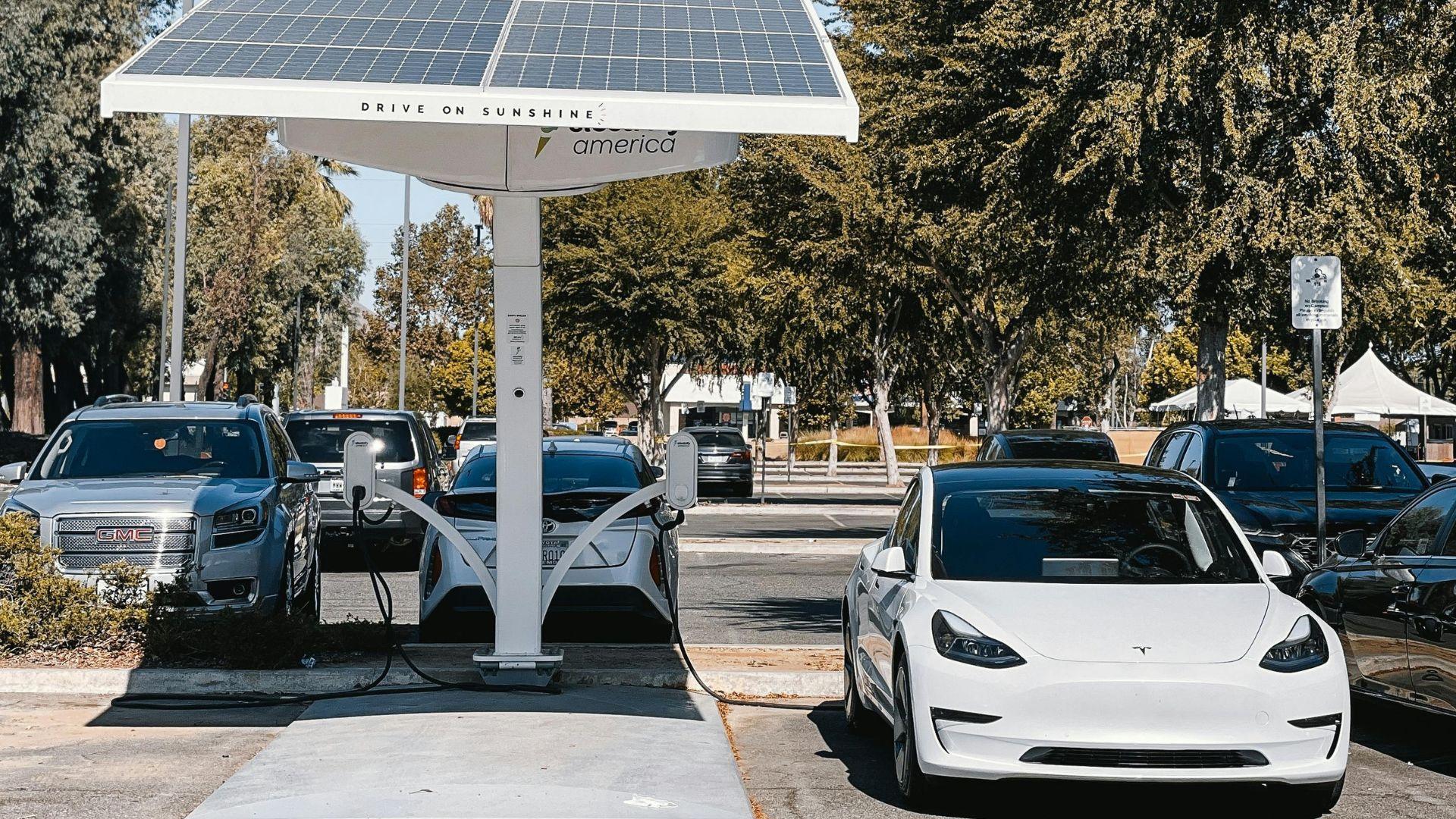
The report from the Legislative Analyst’s Office reveals that the state’s transition to electric vehicles is projected to cause a $4.4 billion decline in transportation revenues over the next decade.
This 31% reduction from current levels is attributed to a decrease in gasoline excise tax collection by $5 billion, or 64%, and a $710 million, or 20% drop in diesel tax revenue.
Insufficient EV Fees to Offset Losses
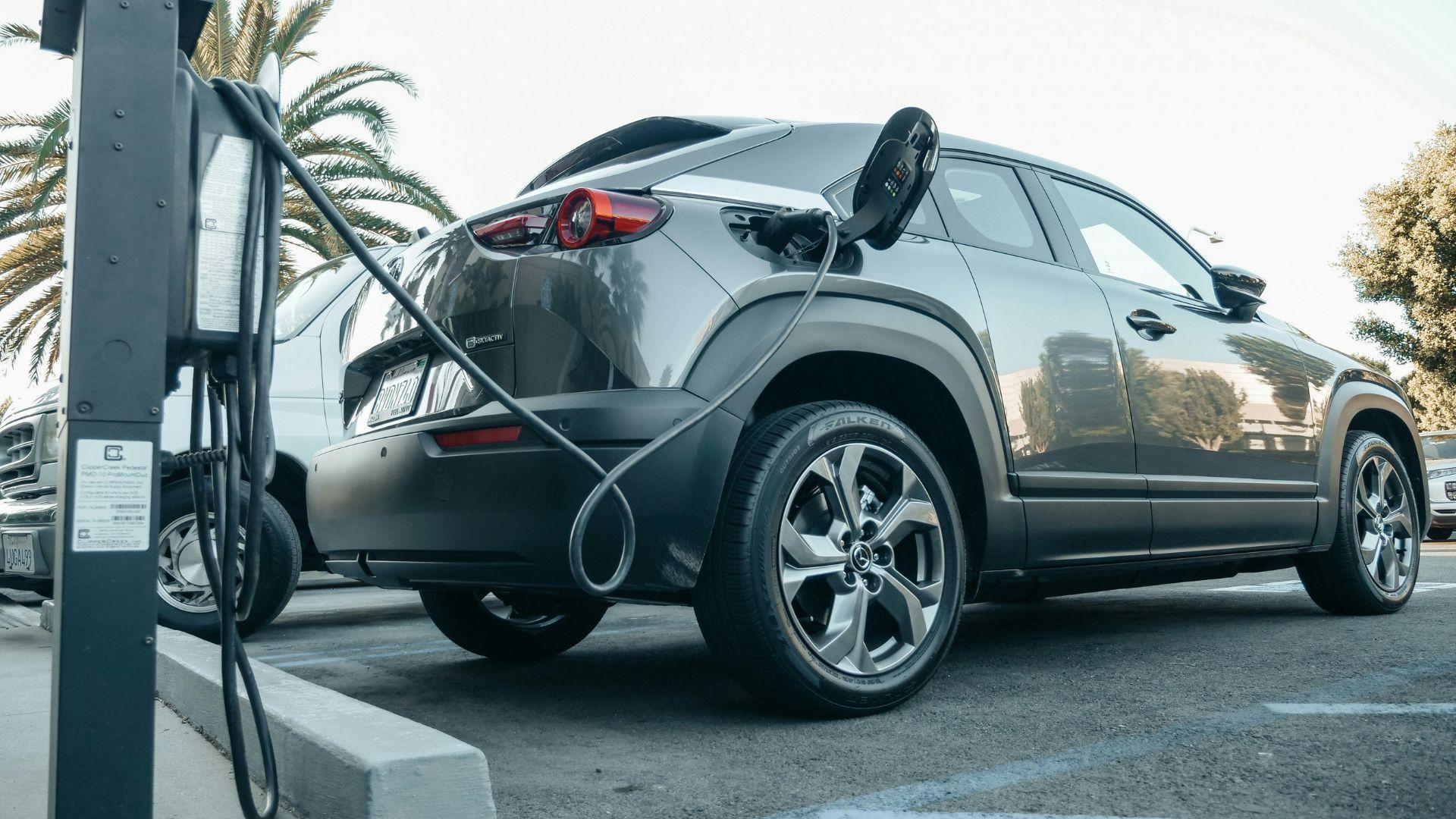
The Daily Mail reveals that although fees on battery-electric and hydrogen fuel cell vehicles are projected to increase by $1 billion annually, they will not be sufficient to offset the loss in gas and diesel tax revenue.
This shortfall presents a significant challenge for the state in maintaining and improving its transportation infrastructure.
California’s Roads Among the Nation’s Worst

The Los Angeles Times reports that California’s roads are among the worst in the nation, only narrowly outperforming Mississippi, which received a “D minus” rating.
The American Society of Civil Engineers gave California a “D” rating in 2022, reflecting the poor condition of its transportation infrastructure.
Nationwide Transportation Funding Issues
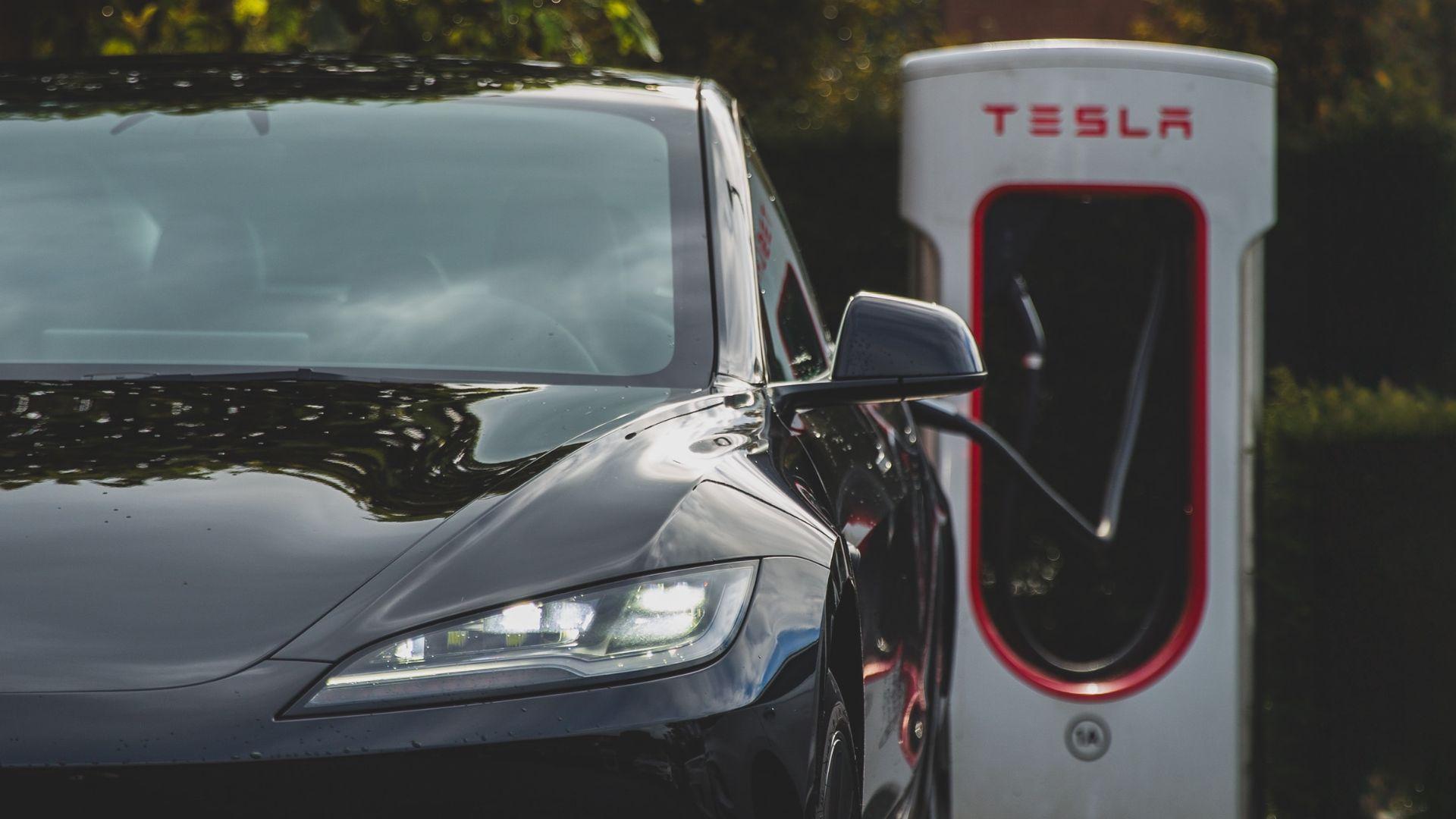
California’s situation is indicative of a broader trend that many states may face, as reported by The Daily Mail.
The encouragement of EV adoption to reduce carbon emissions and combat climate change could lead to similar challenges in transportation funding due to the reliance on gas tax revenues.
California’s Leadership in EV Adoption
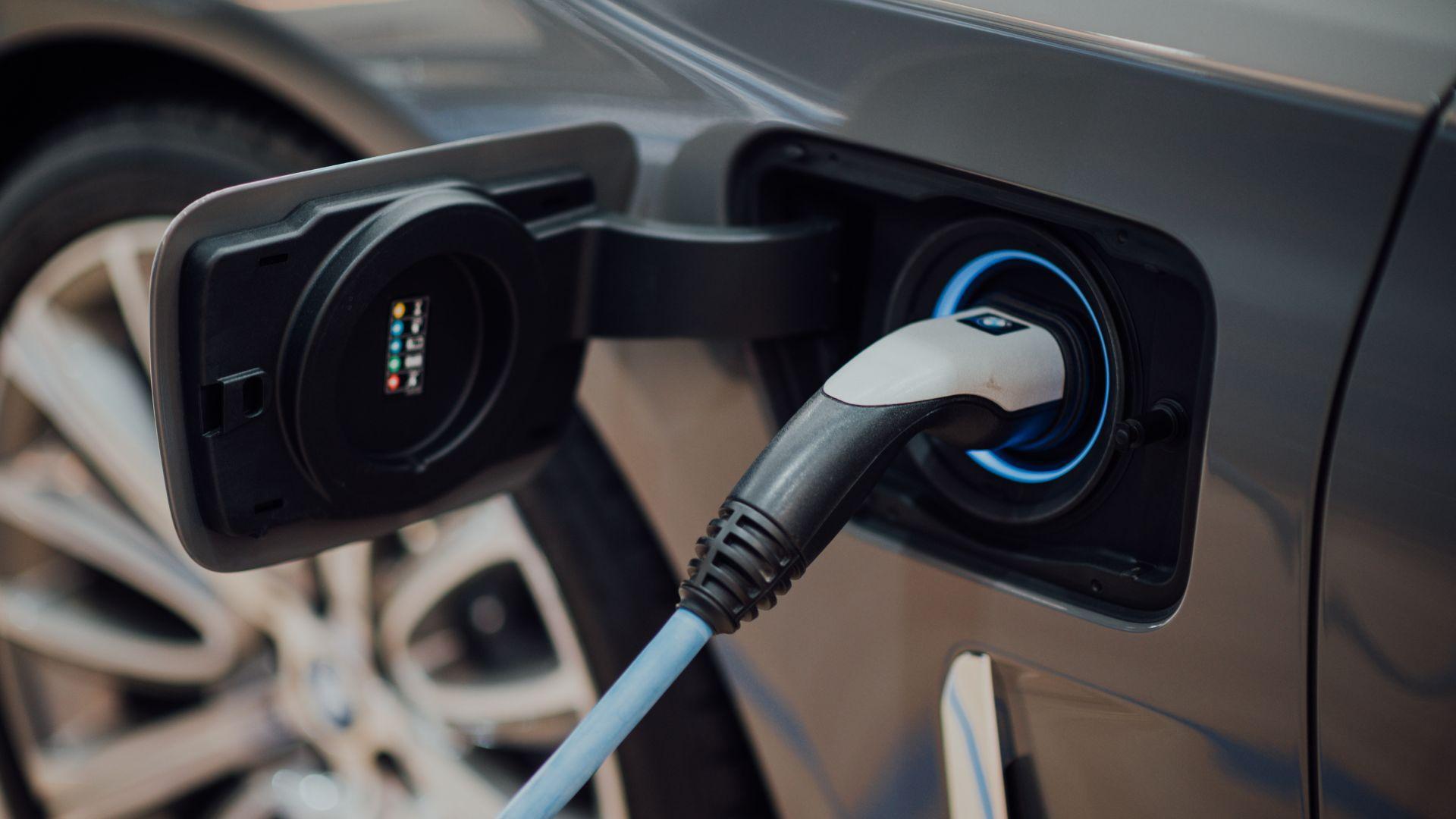
The Daily Mail notes that California is at the forefront of EV adoption in the United States, with a market share of 25% for electric vehicles. This leadership is driven by significant tax incentives for EV owners.
However, this rapid adoption is contributing to the accelerated shortfall in transportation revenues.
Accelerating Revenue Shortfall with EV Policies
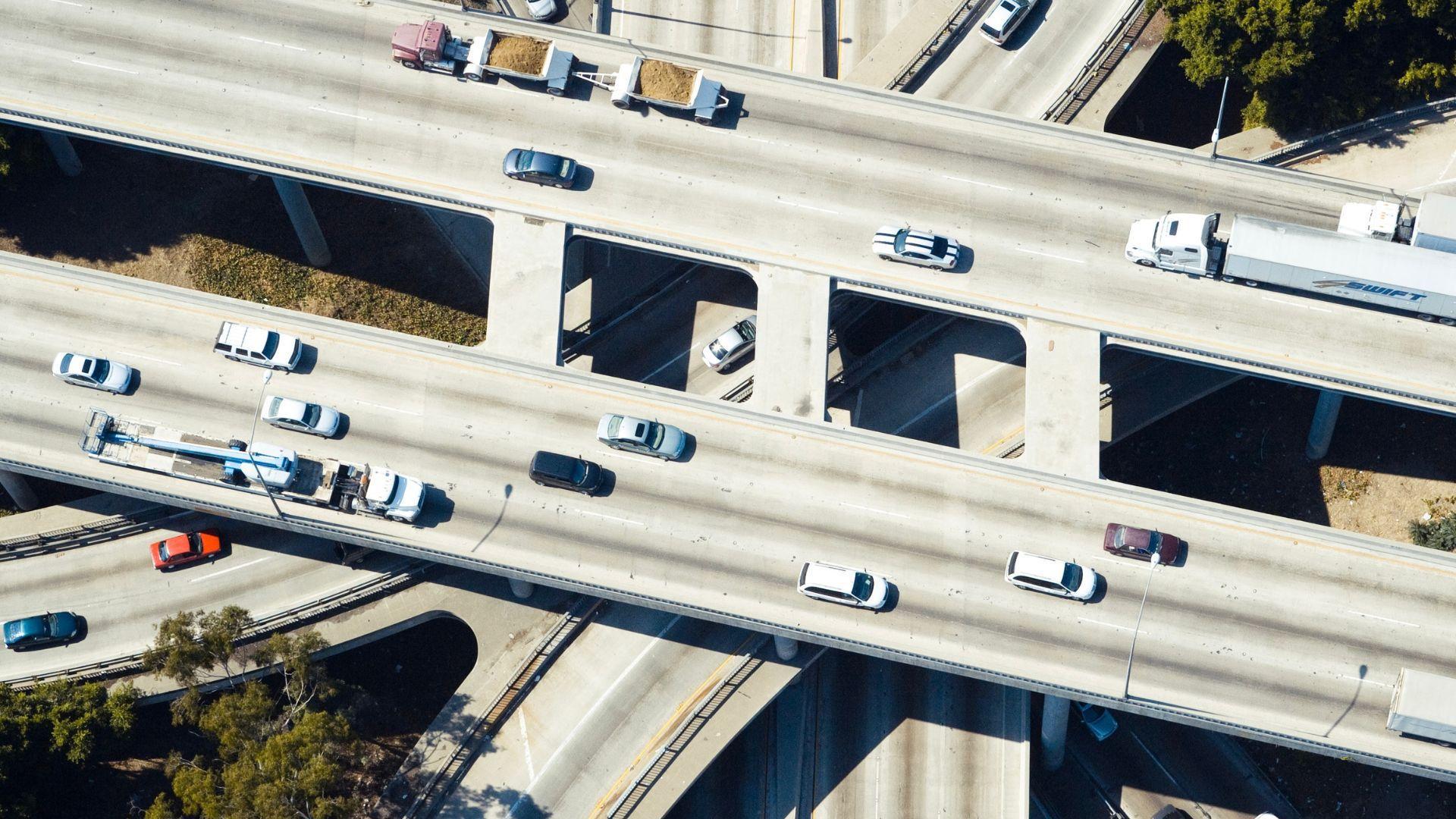
California’s aggressive policies to reduce emissions, including a ban on the sale of new gas-powered vehicles by 2035, are speeding up the shortfall in transportation revenues.
“While we estimate total revenues would decline even under a baseline forecast due to ongoing increases in fuel efficiency and greater interest in [zero-emission vehicles], the state’s recently adopted and planned policies will expedite these underlying trends significantly,” the report from California’s Legislative Analyst’s Office warns.
The State’s High Gasoline Excise Tax

The Los Angeles Times reports that California has one of the highest gasoline excise tax rates in the nation at 57.9 cents per gallon, in addition to a 2.25% sales tax on fuel.
Despite this, the shift to EVs is expected to significantly reduce revenue from these taxes, which currently fund about a third of state transportation spending.
Facing a Budget Deficit

California’s transition to EVs coincides with a challenging financial situation.
Gov. Newsom has projected a nearly $38 billion deficit for the 2024-25 budget year. The Daily Mail notes that this fiscal strain could impact various state programs, including climate initiatives.
Innovative Road Fee Solutions in California
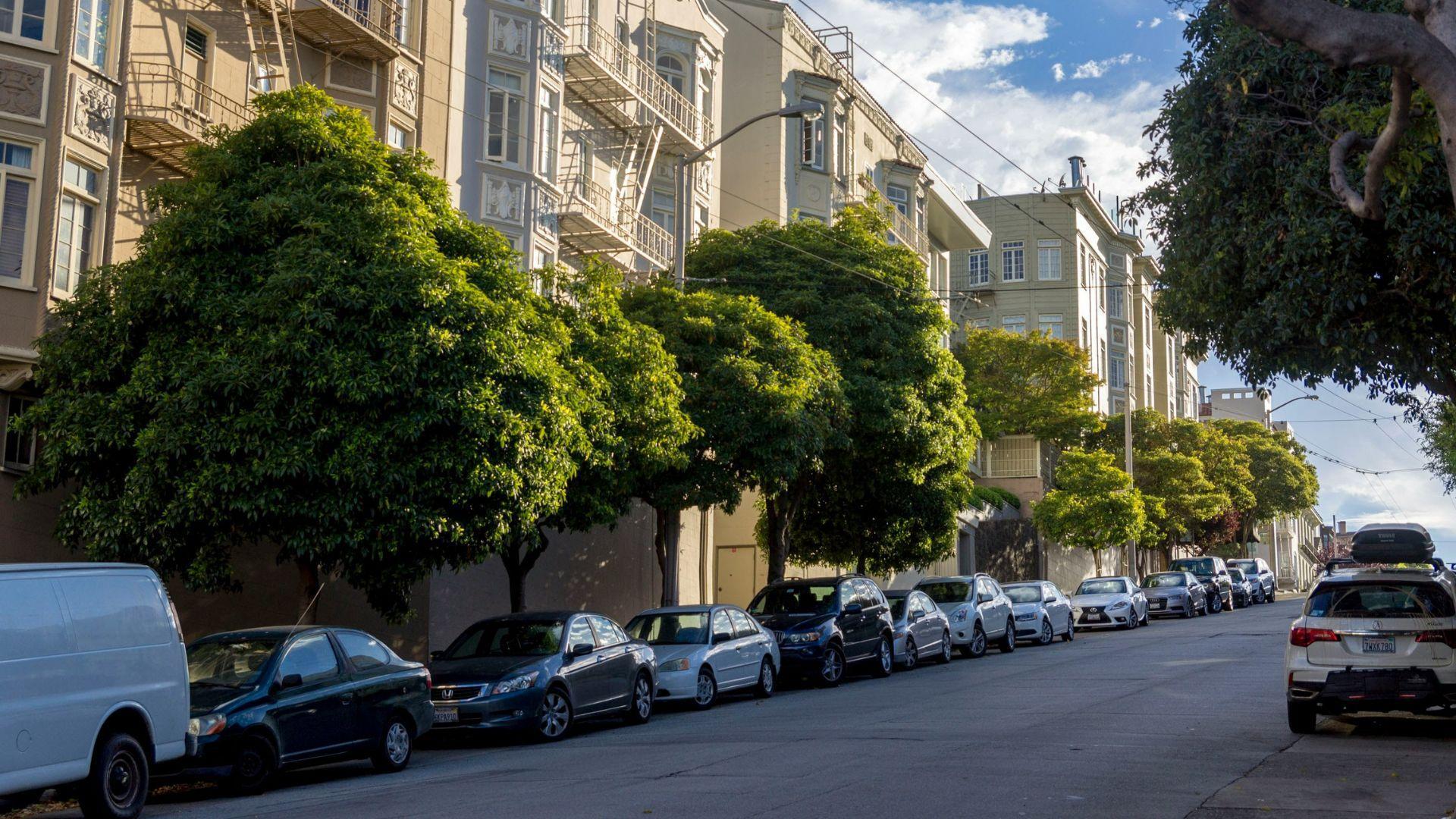
The Los Angeles Times reveals that California is considering a groundbreaking solution for road funding: a fee based on total vehicle miles traveled. This system, utilizing GPS technology to track mileage, aims to modernize road funding.
Kevin Christensen of Berkeley Research Group emphasizes the need for “more holistic and thoughtful” solutions. The Auto Club’s government affairs manager, Stephen Finnegan, acknowledges the challenges of transitioning to a new funding model but told the Los Angeles Times, “Roads and transportation are fundamental to life in California, critical for our economy, our quality of life, and our safety.”
Rethinking Vehicle Registration Fees
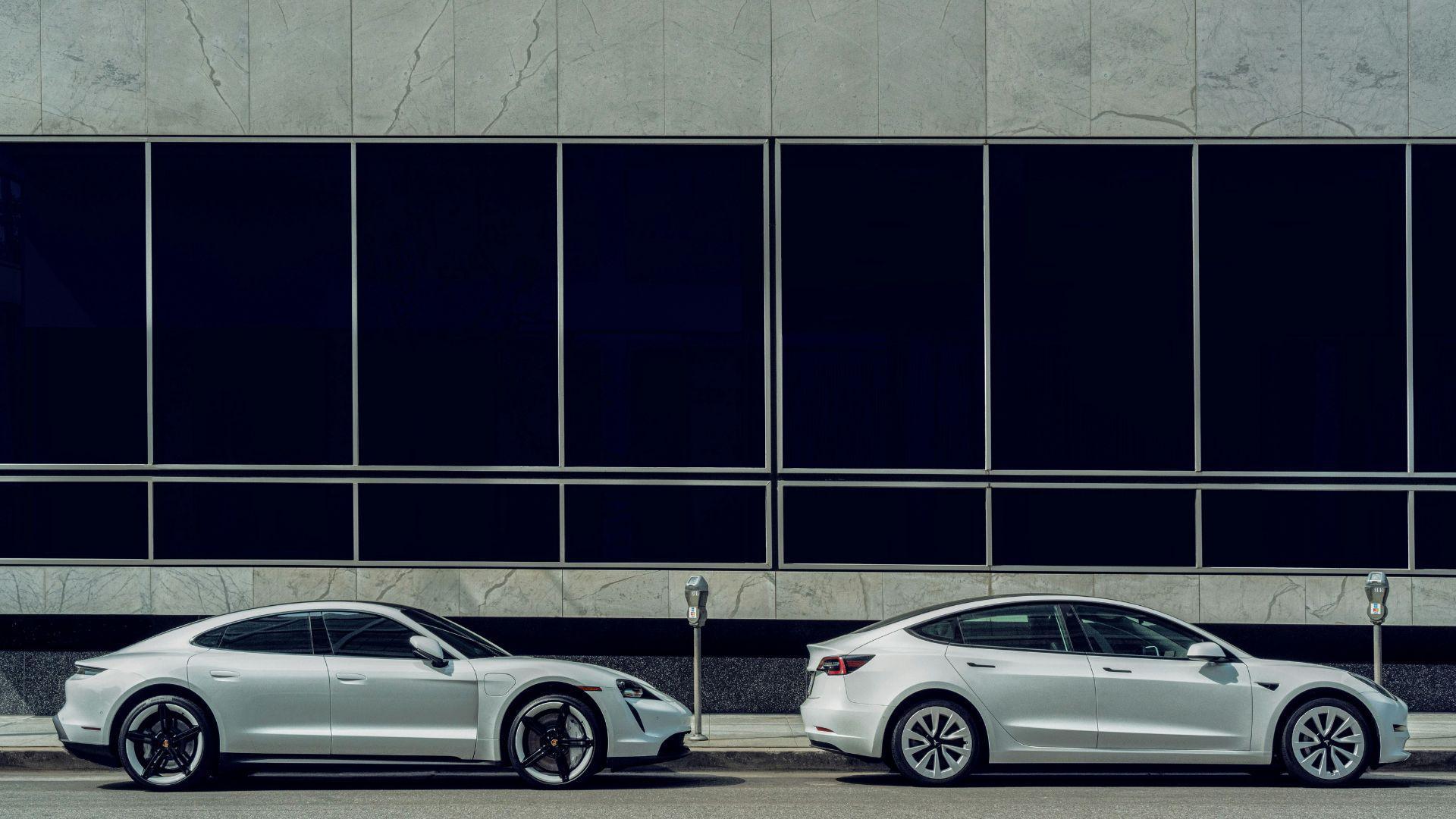
In response to the impending shortfall in road maintenance funding, California is also considering adjustments to vehicle registration fees.
Currently, EV owners with model year 2020 cars or later are charged a registration fee of $108 per year, expected to contribute $80 million to the road funding budget. However, the Los Angeles Times reveals, “Even as EV market share grows, a fee at that level won’t be near enough to fill the funding gap.”
Gas Tax Revenue Dilemma
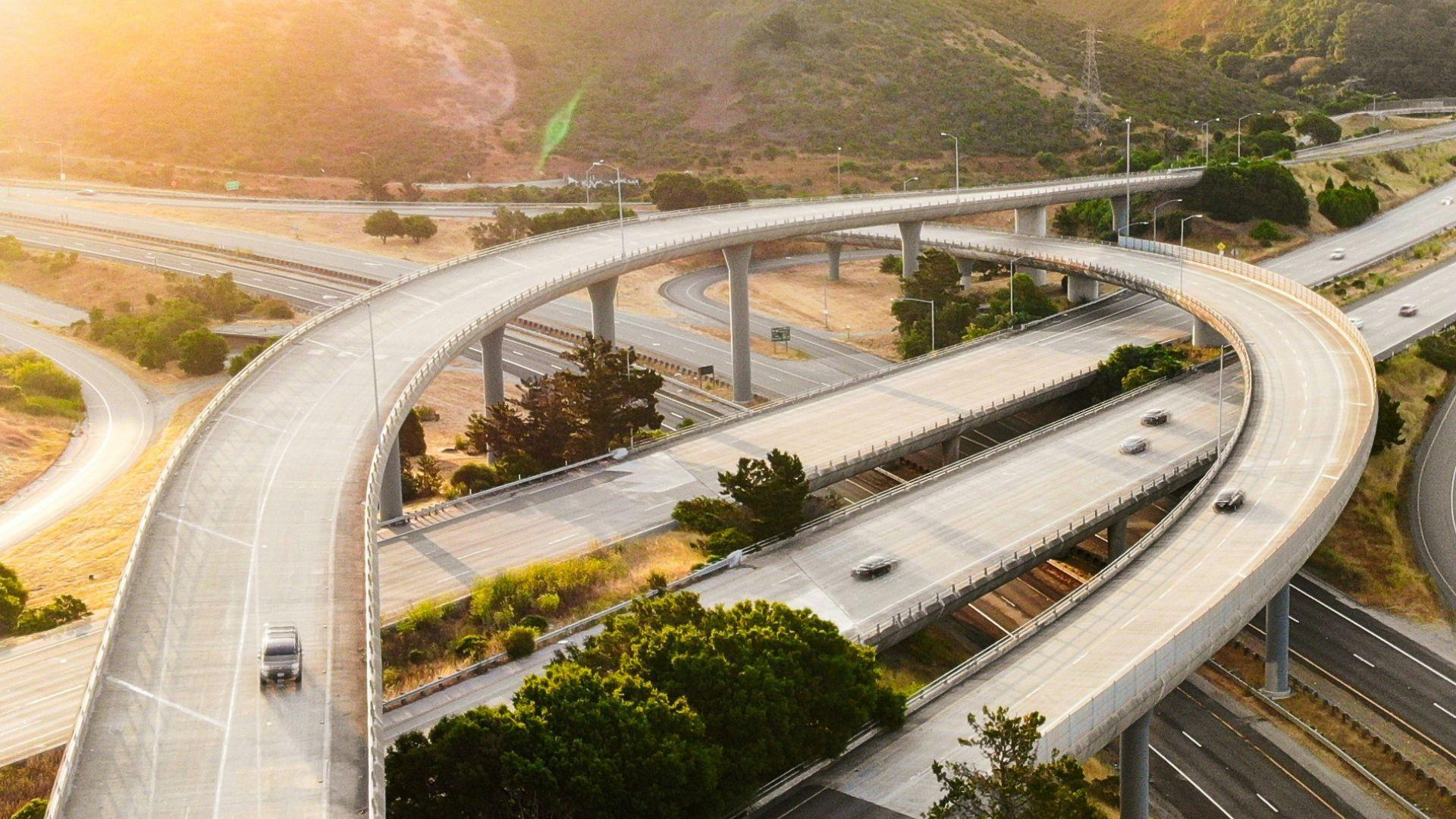
California faces a difficult decision in addressing the gap in road funding caused by the shift to EVs.
Increasing the already high gasoline tax poses challenges, as it would disproportionately affect gasoline users, highlighting the need for alternative solutions.
